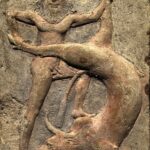
In this tale, the goddess Inanna (Ishtar) sends the celestial Bull of Heaven to attack Gilgamesh after he rejects her romantic advances. Originally titled Hero in Battle, the poem predates the Ur III Period (2047–1750 BCE) and is rooted in an older oral tradition. It is thought to draw inspiration from the historical 5th king of Uruk, renowned for his remarkable rule and legendary strength.
The Bull of Heaven is linked to the god Gugalanna, consort of Ereshkigal, Queen of the Underworld. Its death at the hands of Gilgamesh and Enkidu influences later mythological themes, particularly Inanna’s descent into the underworld. The narrative depicts the Bull wreaking havoc, drying up rivers and destroying crops, until Gilgamesh, guided by his mother, the goddess Ninsun, confronts it. In the climactic battle, Enkidu distracts the Bull by seizing its tail, allowing Gilgamesh to strike the fatal blow.
Unlike the Epic of Gilgamesh, where Enkidu is punished for killing the Bull and offending the goddess, the original Sumerian poem concludes without retribution for the heroes. Instead, it ends with a hymn praising Inanna, leaving gaps in the story that later versions, such as the Babylonian Epic of Gilgamesh, expand upon.


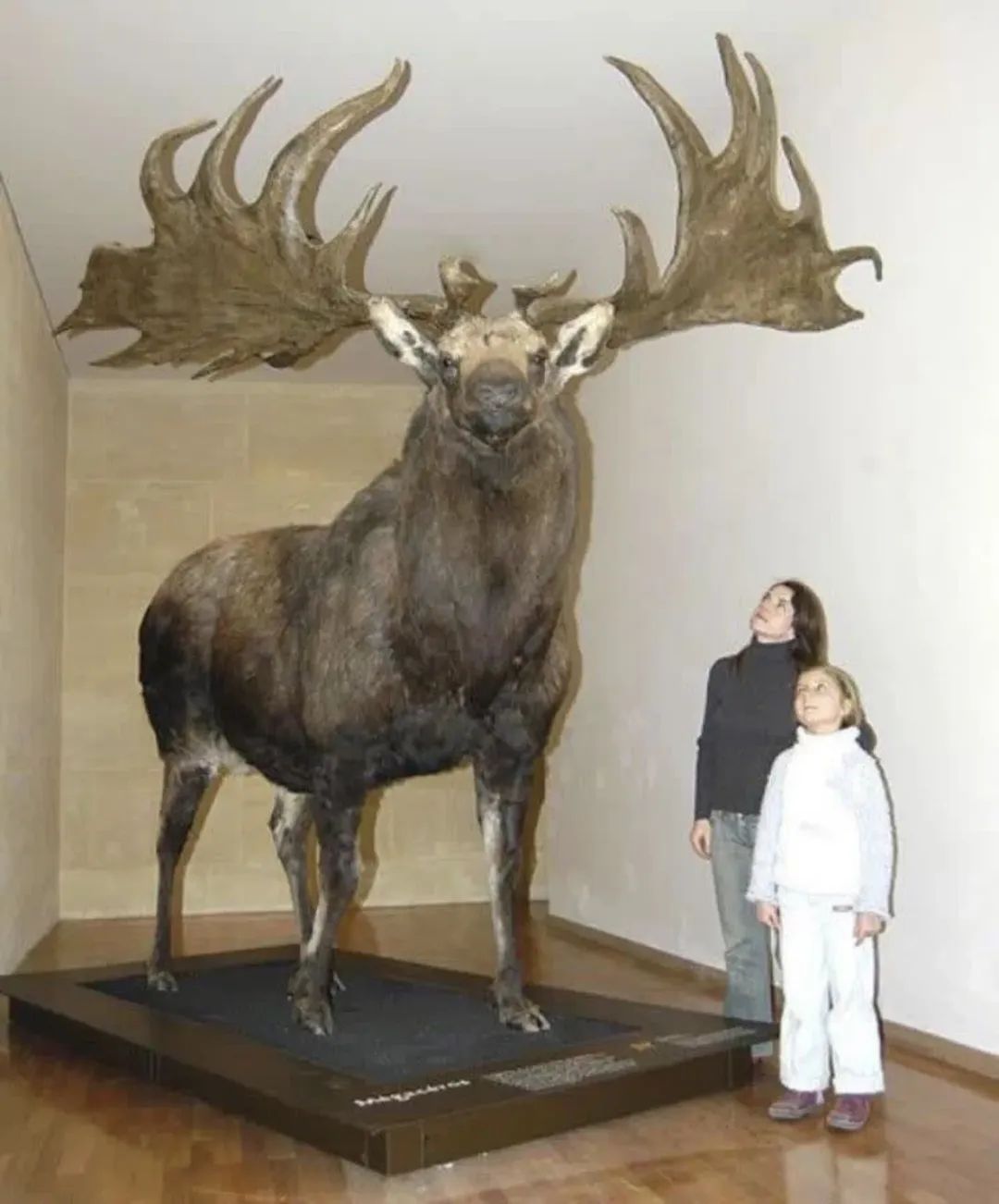
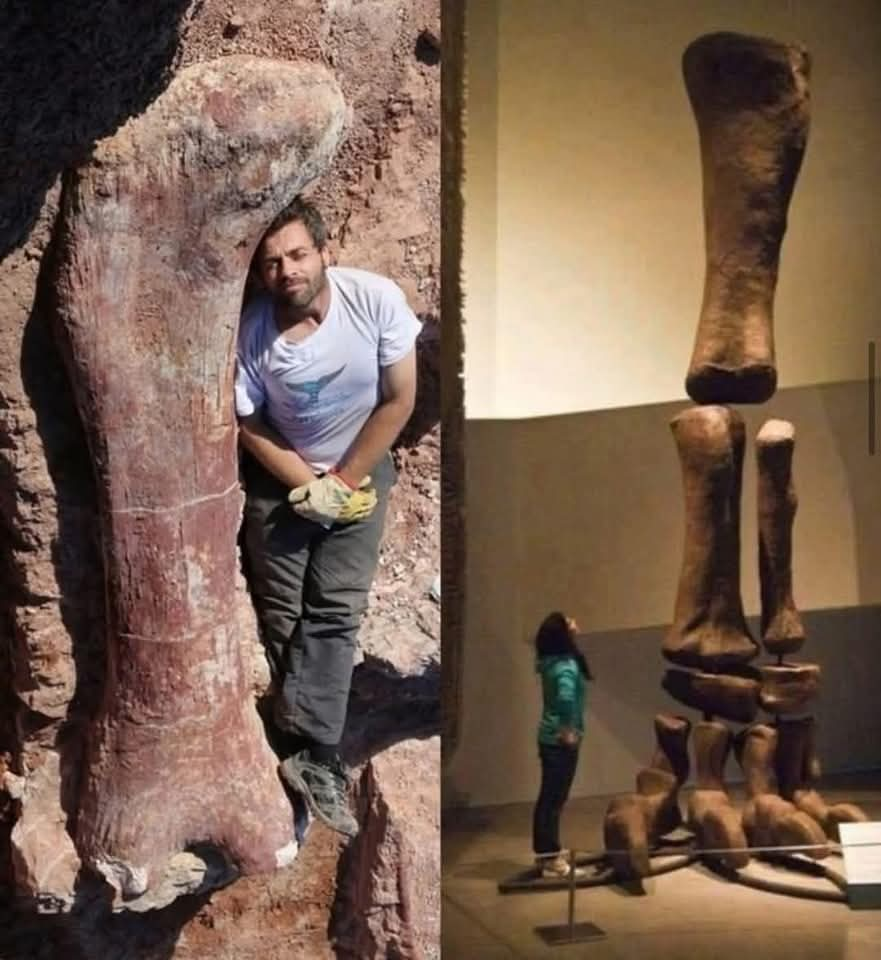
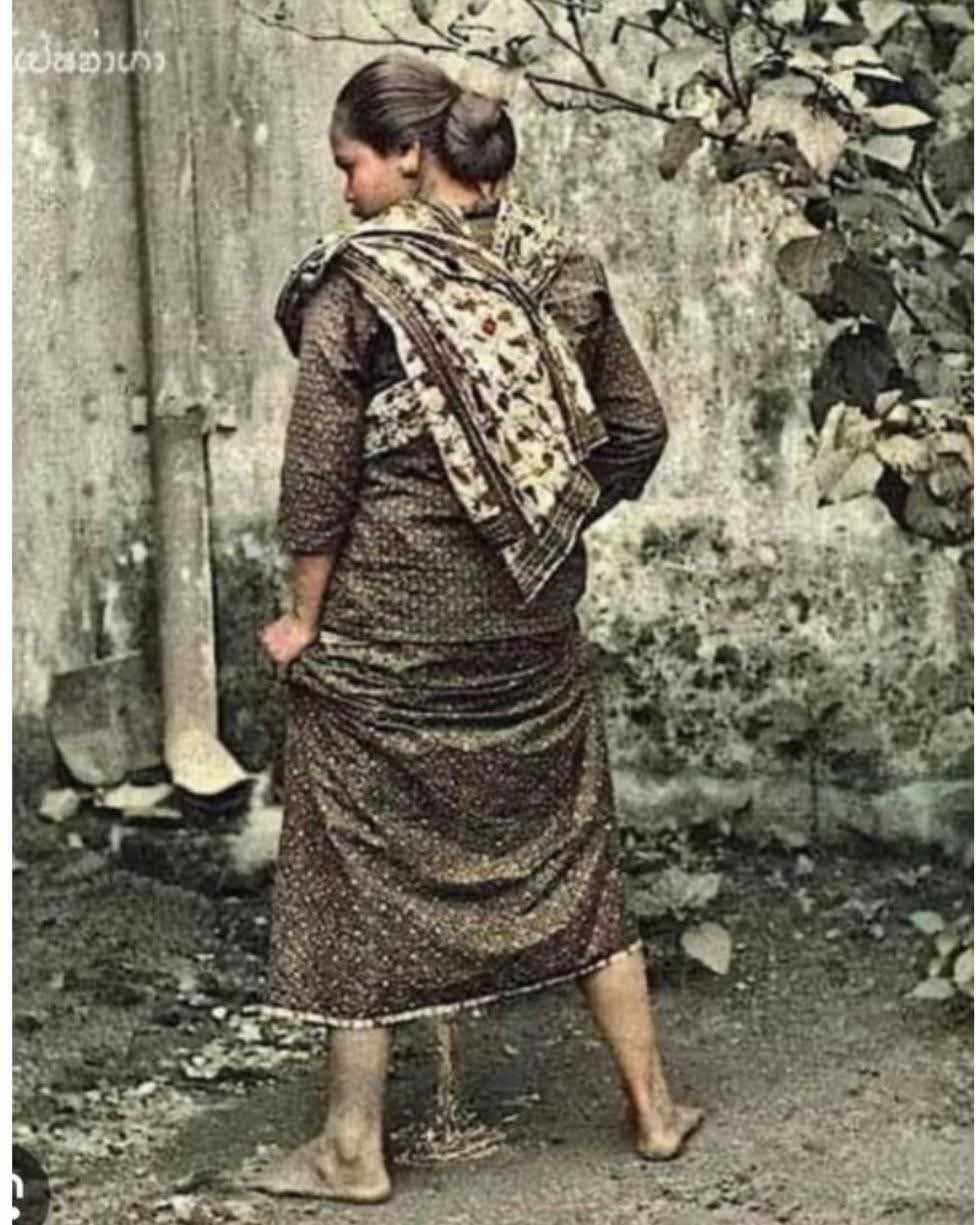

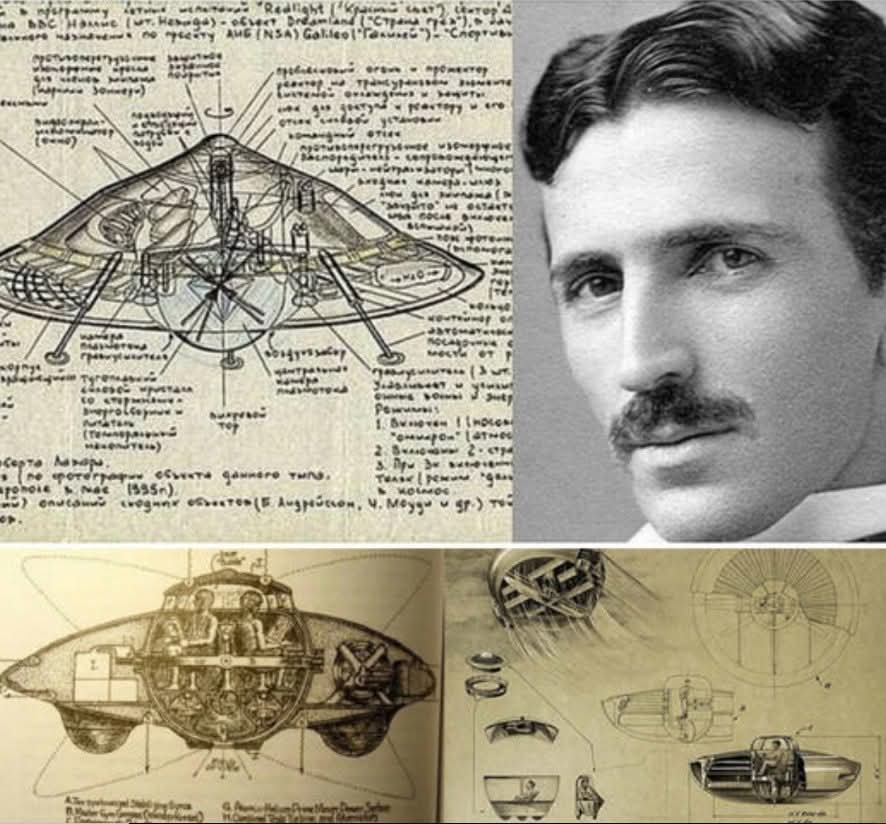



Leave a Reply